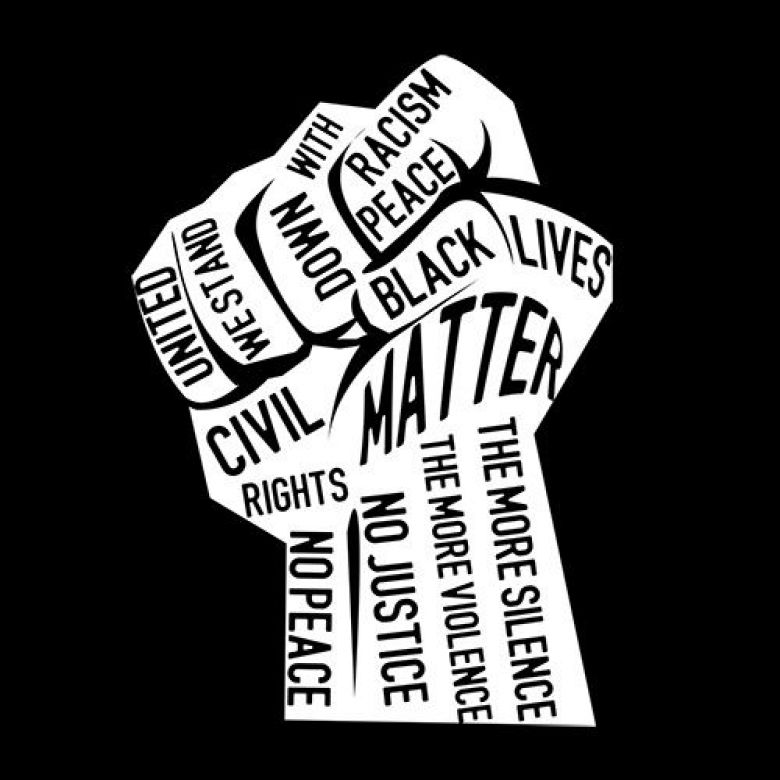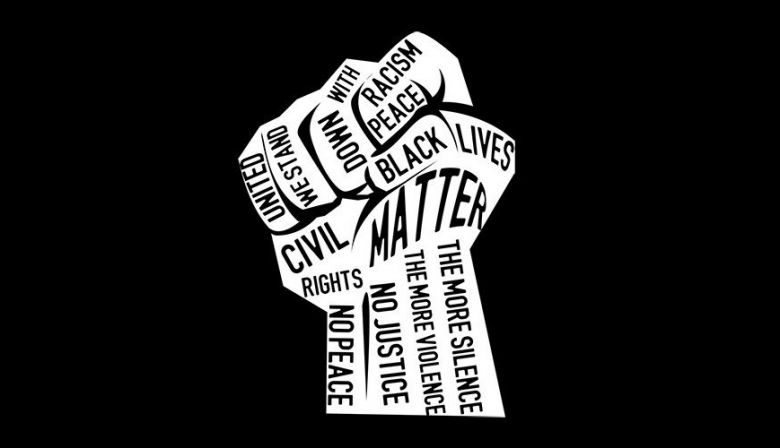The Stance of Muslims Towards Black People
By: Habib Zaatar
The Islamic ideology looks at human beings equally and encourages its followers to be kind and well-mannered towards members of other tribes, races, and even religions.
Prophet Muhammad (pbuh) stated, “There is no superiority for an Arab over a non-Arab, nor for a non-Arab over an Arab. Neither is the white superior over the black nor is the black superior over the white, except by piety."(1)
A great example of how this idea is displayed by Muslims is Malcolm X’s life-changing experience, which changed his mind on the nation of Islam, during his Hajj pilgrimage. He stated, “During the past seven days of this holy pilgrimage, while undergoing the rituals of the Hajj [pilgrimage], I have eaten from the same plate, drank from the same glass, slept on the same bed or rug, while praying to the same God—not only with some of this earth's most powerful kings, cabinet members, potentates and other forms of political and religious rulers —but also with fellow‐Muslims whose skin was the whitest of white, whose eyes were the bluest of blue, and whose hair was the blondest of blond—yet it was the first time in my life that I didn't see them as 'white' men. I could look into their faces and see that these didn't regard themselves as 'white.' Their belief in the Oneness of God (Allah) had actually removed the 'white' from their minds, which automatically their attitude and behavior toward people of other colors. Their belief in the Oneness of God has actually made them so different from American whites, their outer physical characteristics played no part at all in my mind during all my close associations with them.”
Followers of Ahlulbayt (pbuh) have been guided by their Imams’ to treat all humans justly. For instance, Imam Ali (pbuh) advised his son, Imam Hassan (pbuh), “O my child, make yourself the measure (for dealings) between you and others. Thus, you should desire for others what you desire for yourself and hate for others what you hate for yourself. Do not oppress, as you do not like to be oppressed. Do good to others as you would like good to be done to you. Regard bad for yourself whatever you regard bad for others. Accept that (treatment) from others which you would like others to accept from you. Do not talk about what you do not know even though what you know be very little. Do not say to others what you do not like to be said to you.”(2)
This perception is well-known on social media nowadays, but what should be shed more light upon is the stance Muslims should have against all kinds of oppression.
Imam Ali (pbuh) said, “He who agrees with the action of a group of people is as though he joins them in that action. And everyone who joins in wrong commits two sins; one sin for committing the wrong and the other for agreeing with it.”(3)
From this hadith and the many similar ones, we can understand the importance of fighting against racism and brutality towards black people as one of the most prevalent forms of oppression against human beings in the modern world.
1- Al-Dur Al-Manthur v.7 p.580
2- Nahj al-Balagha letter 31
3- Nahj al-Balagha Hadith n.154





